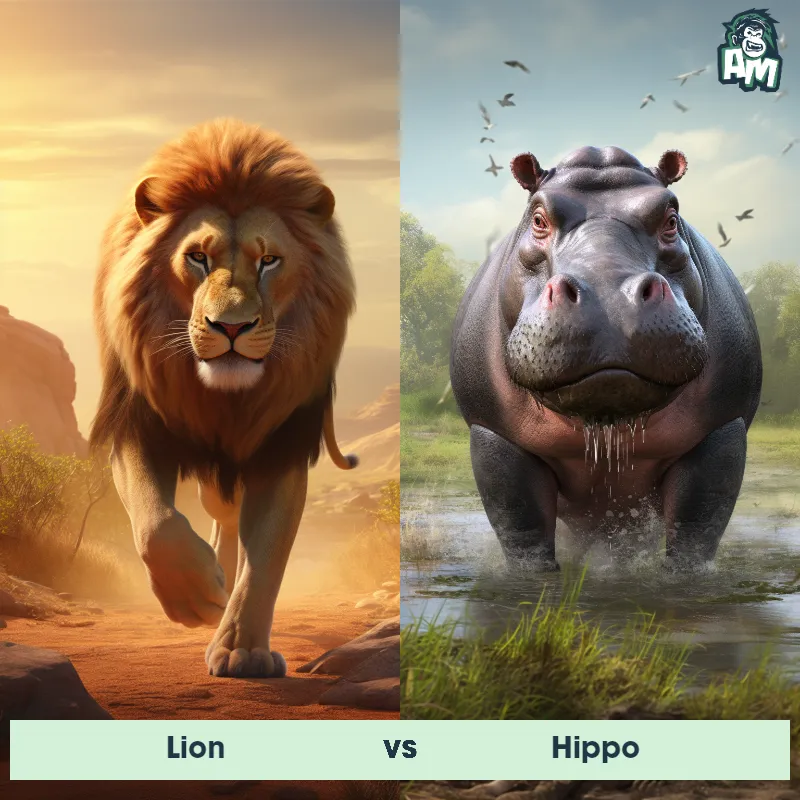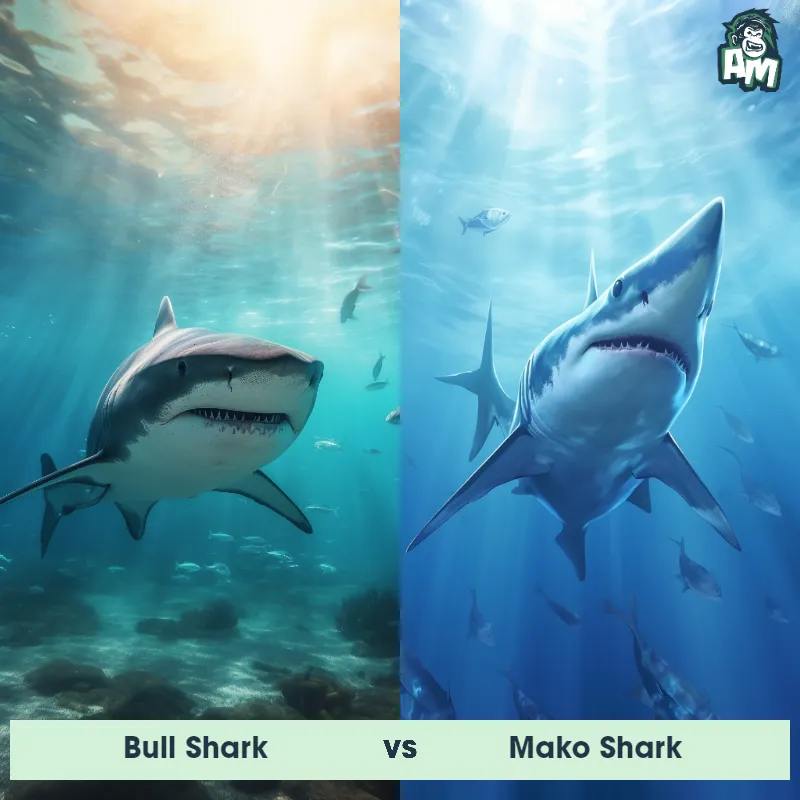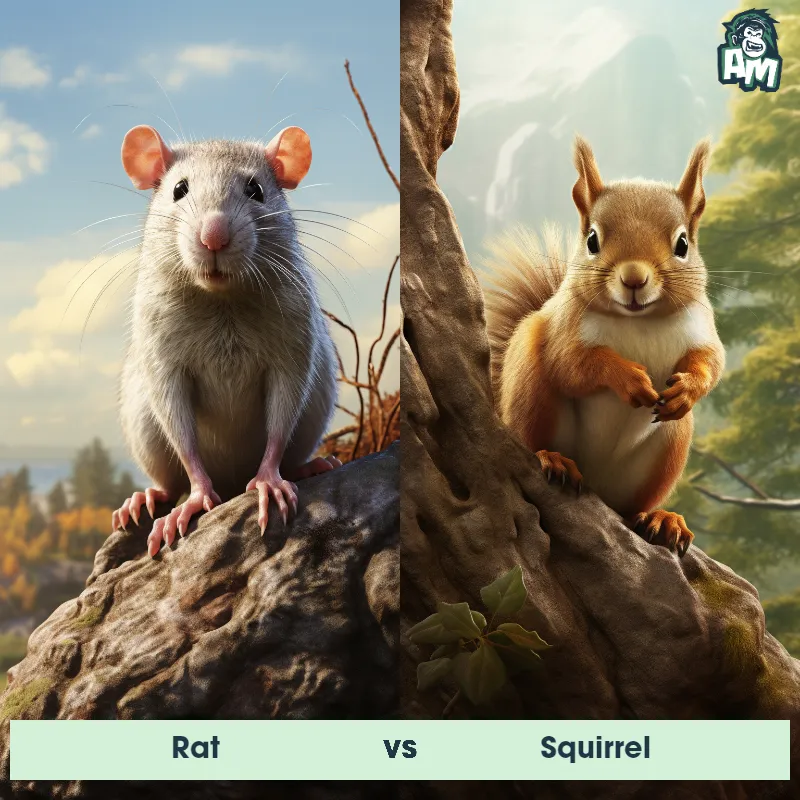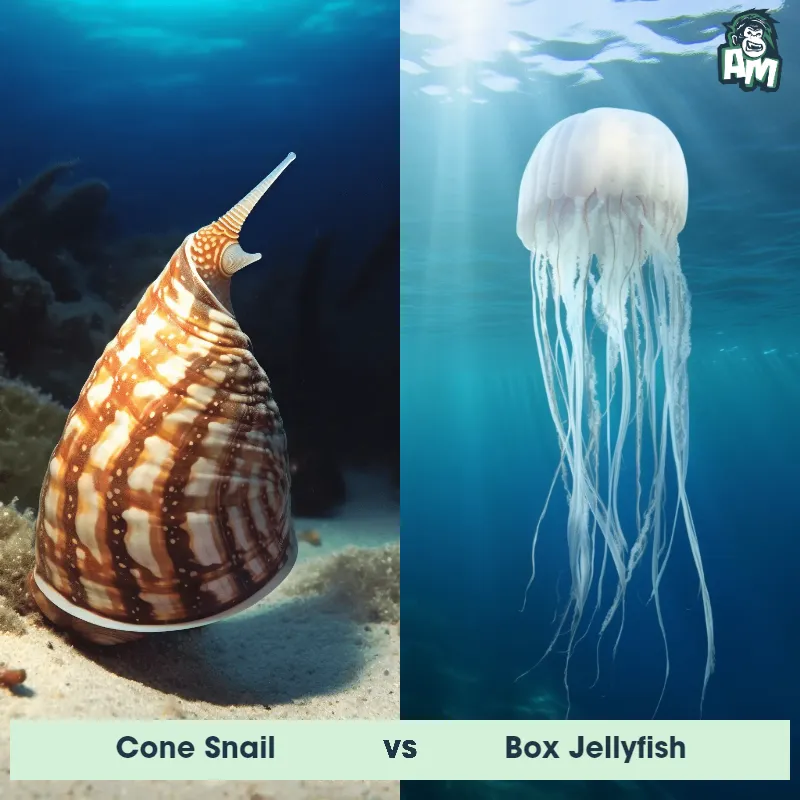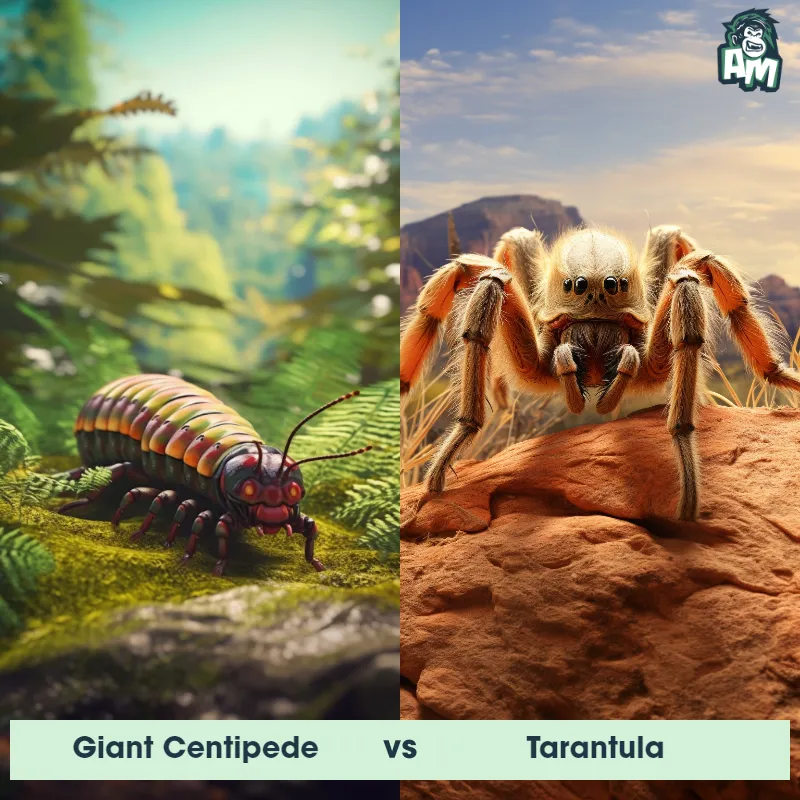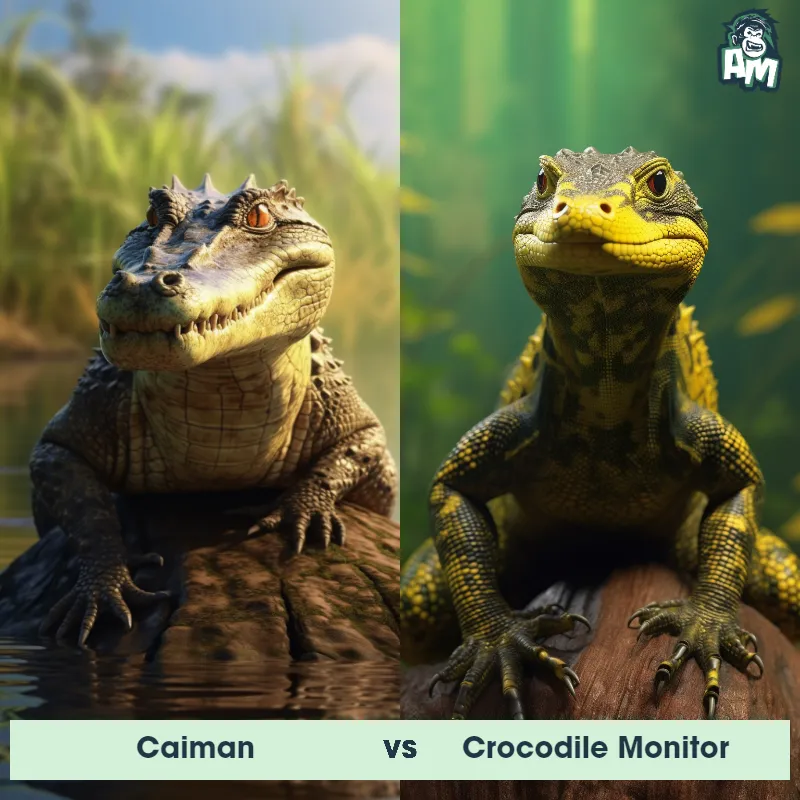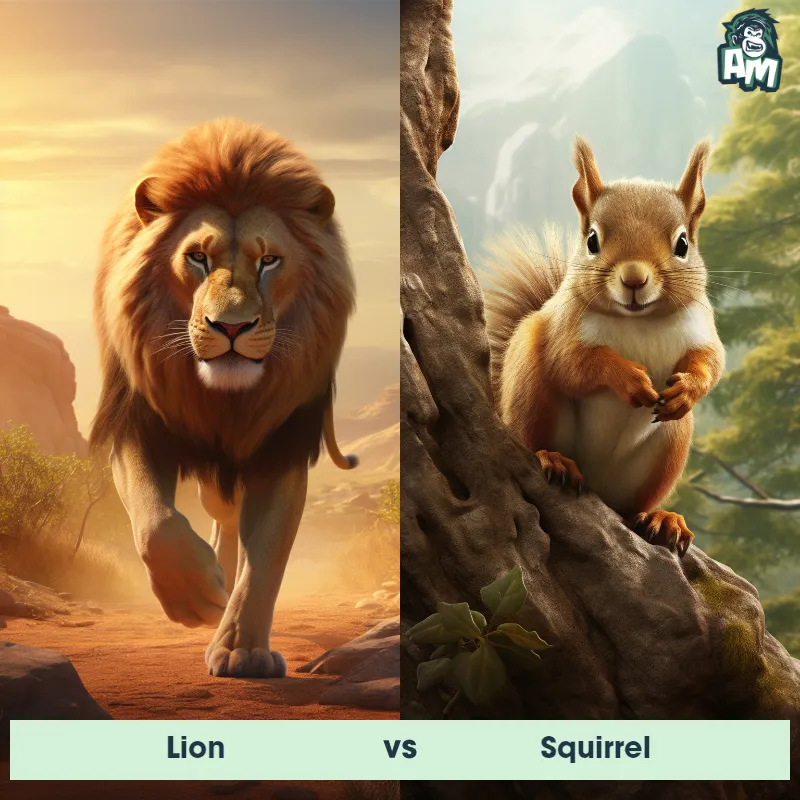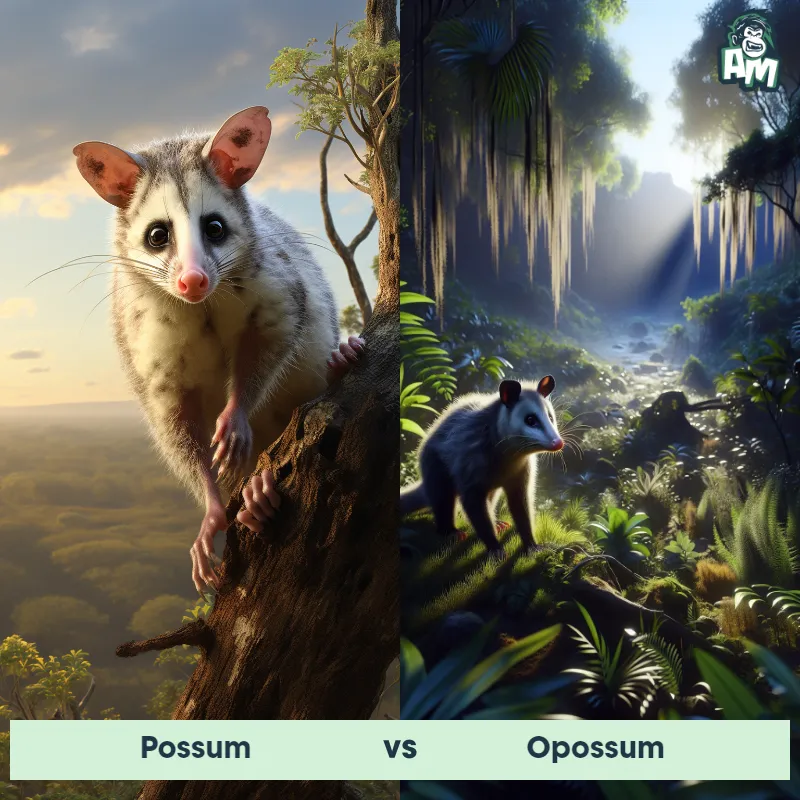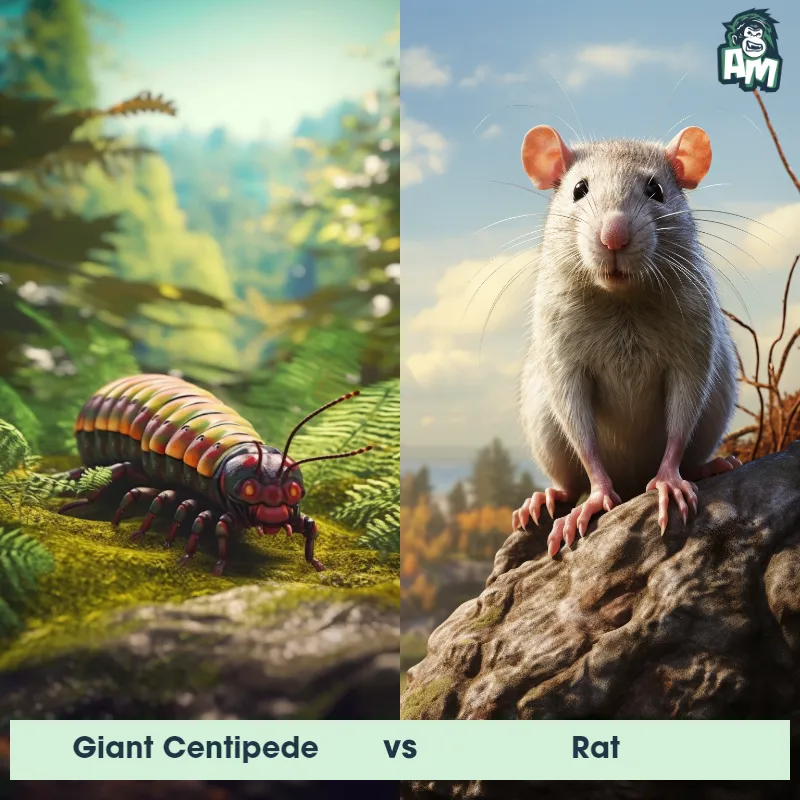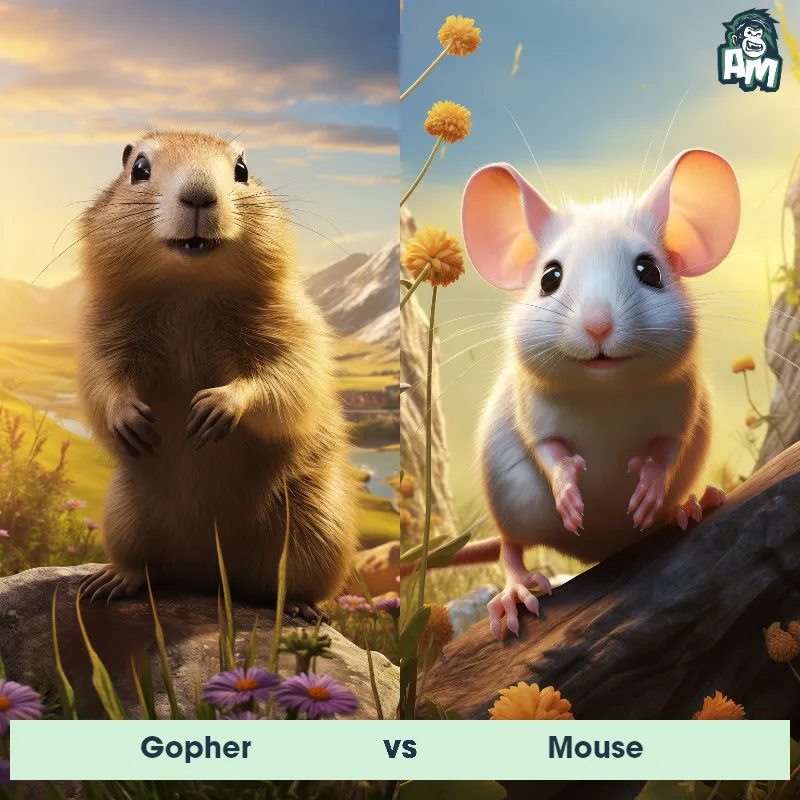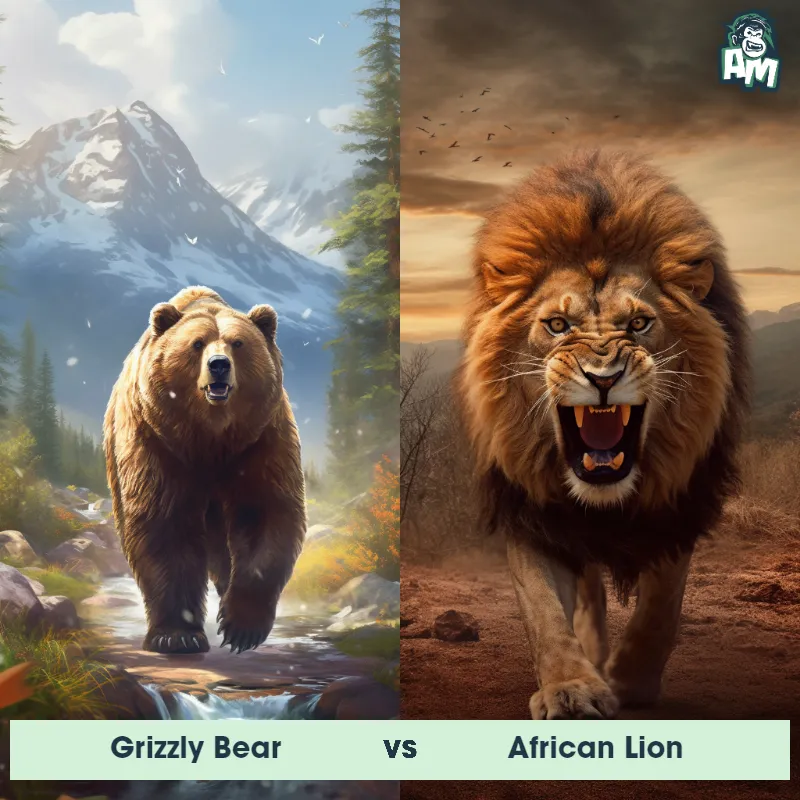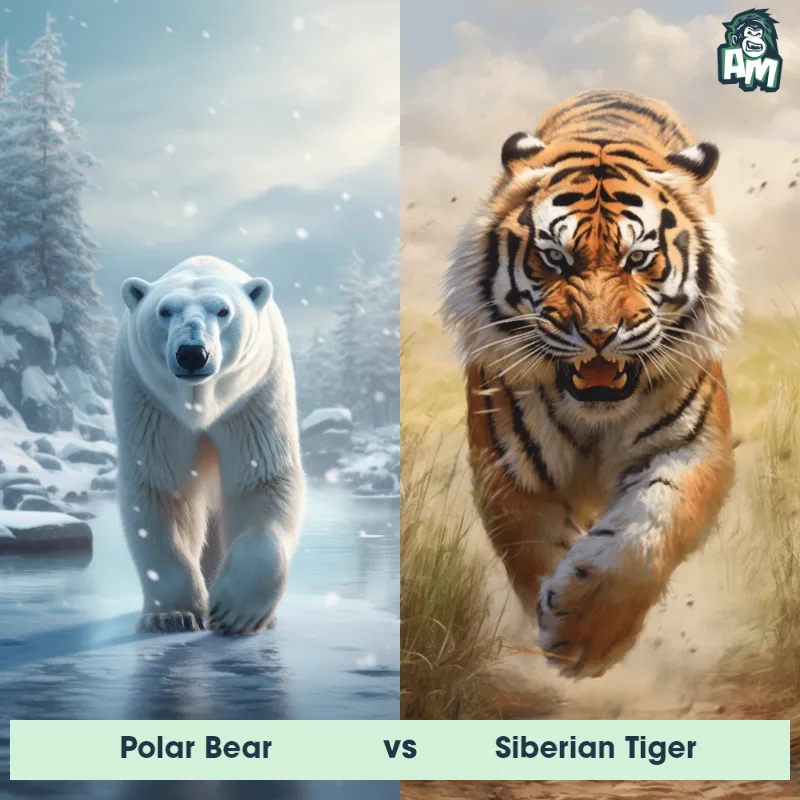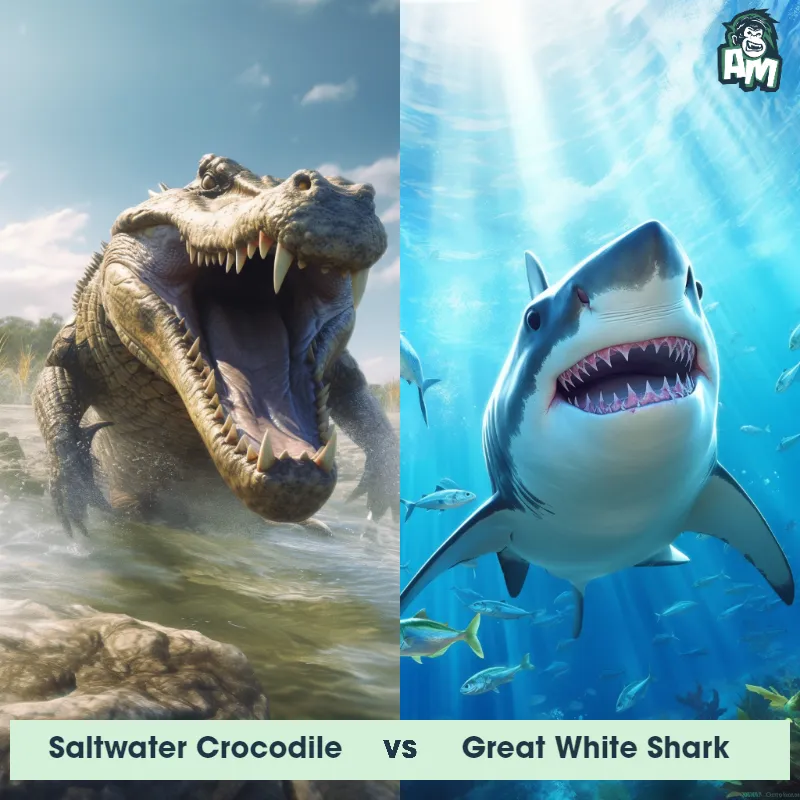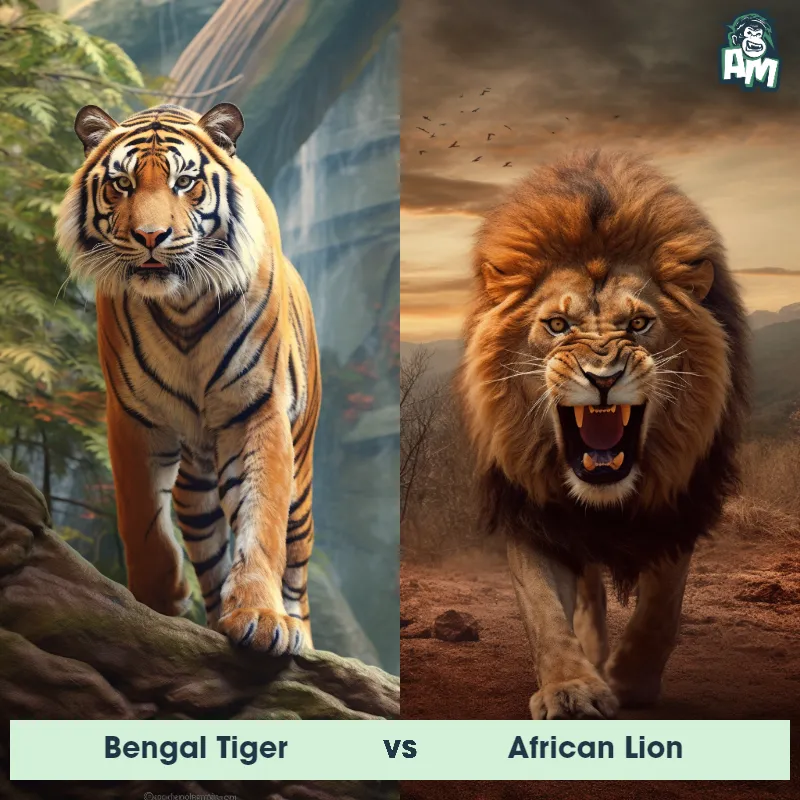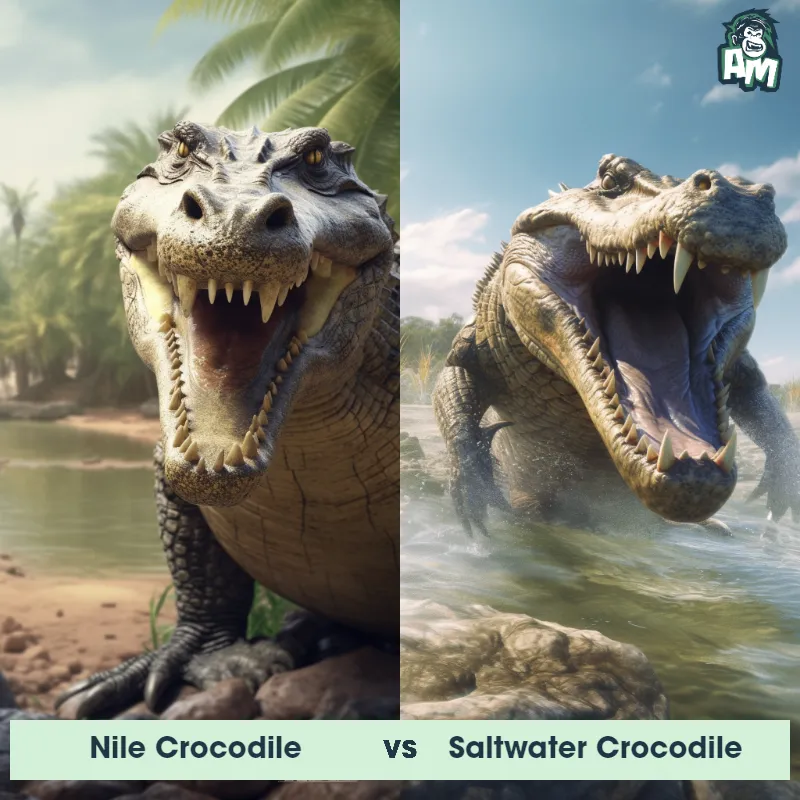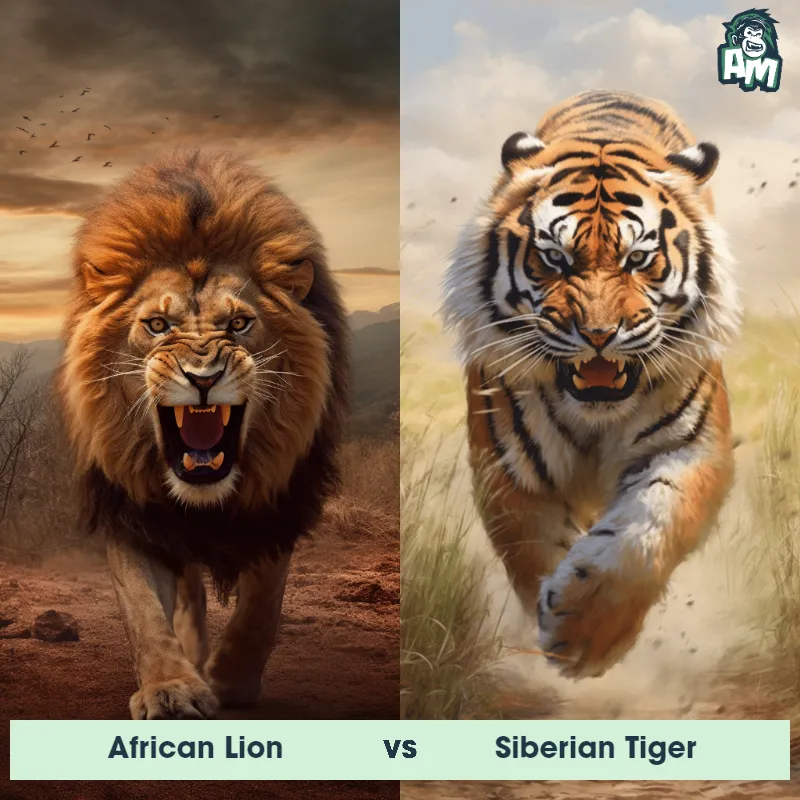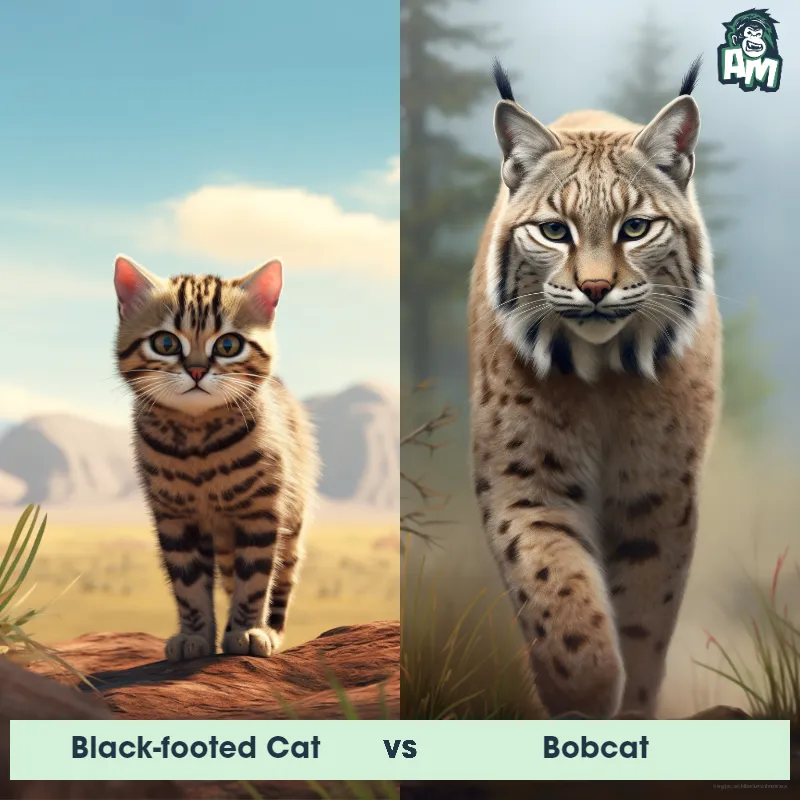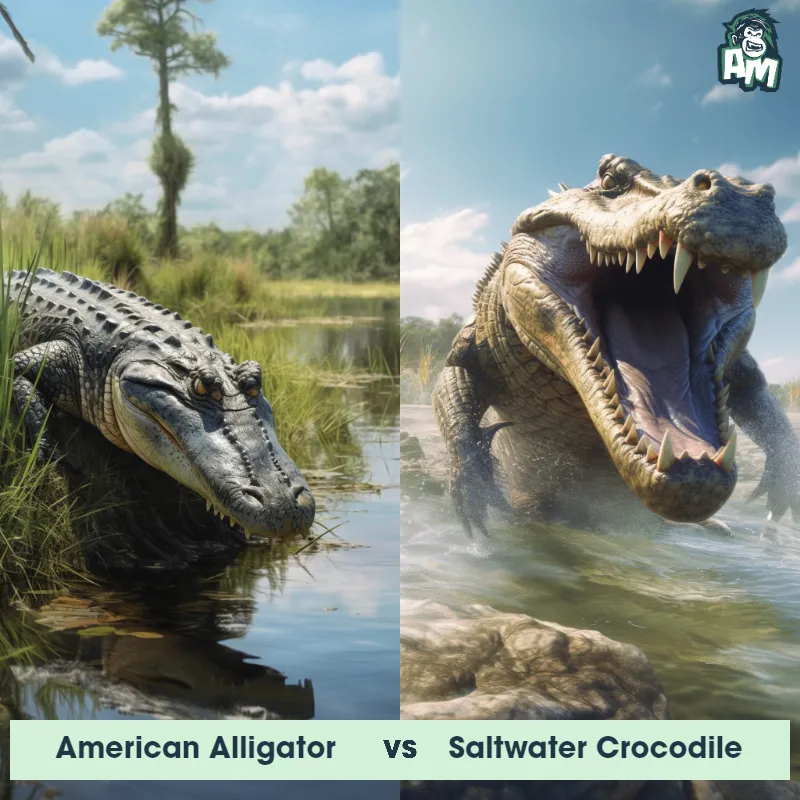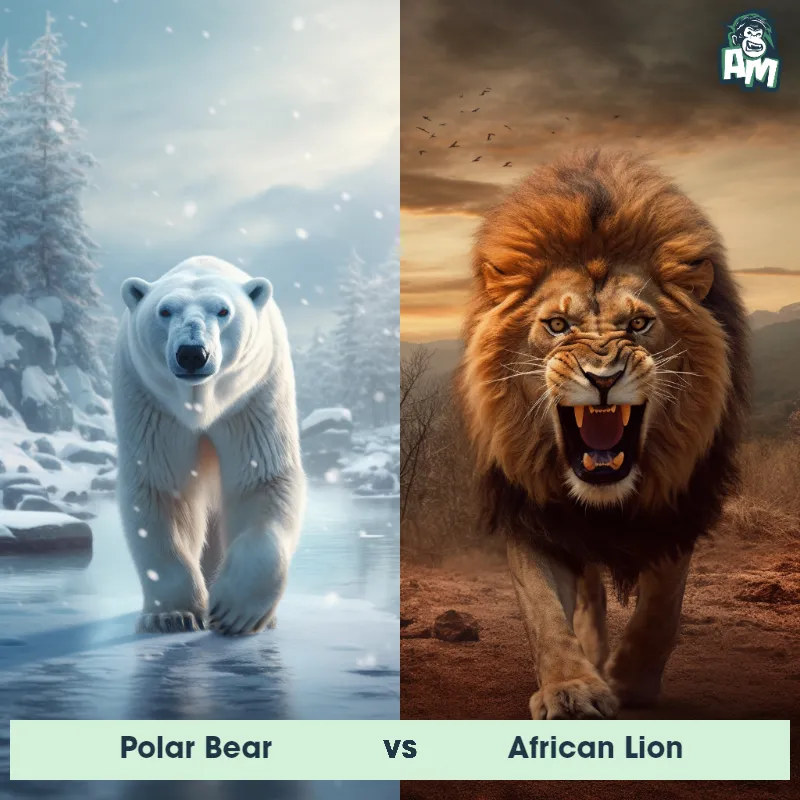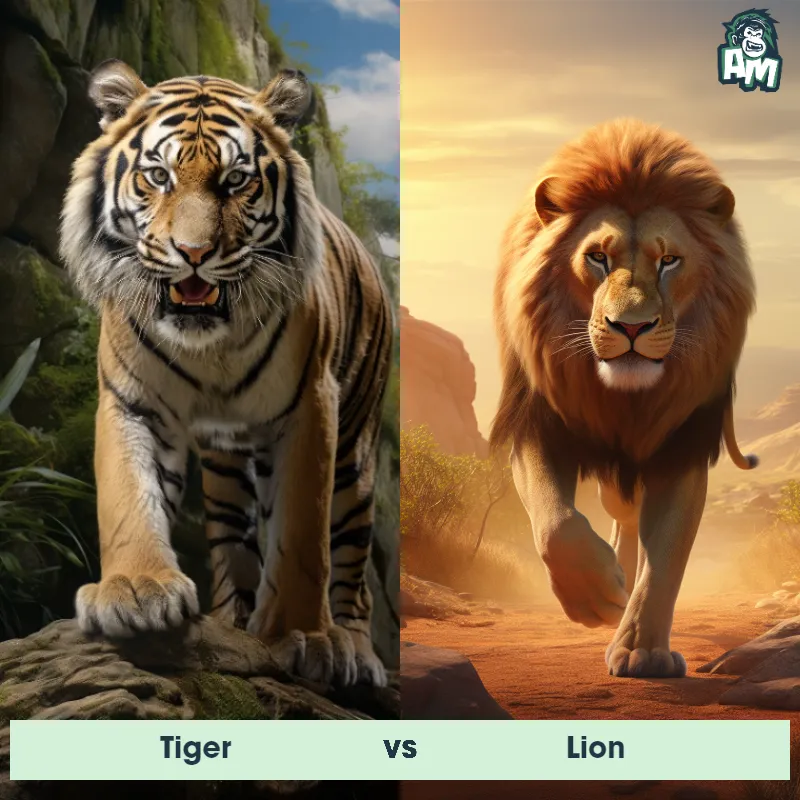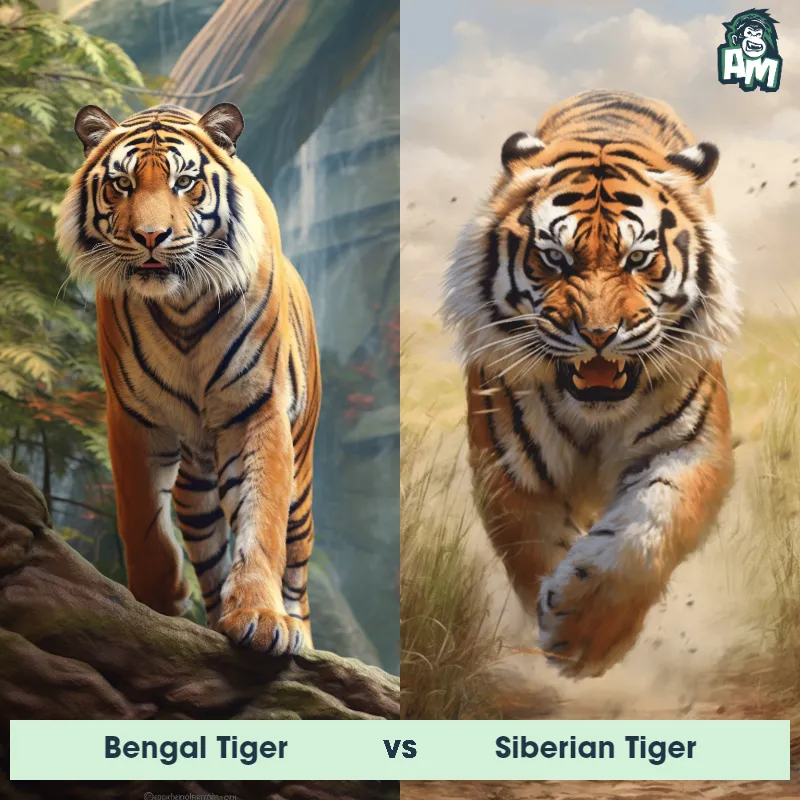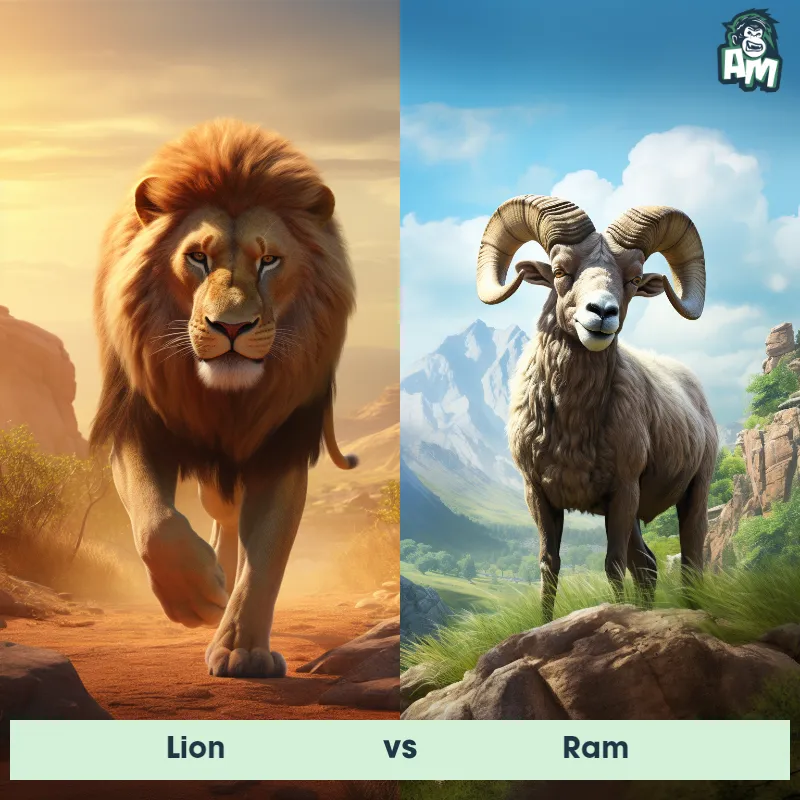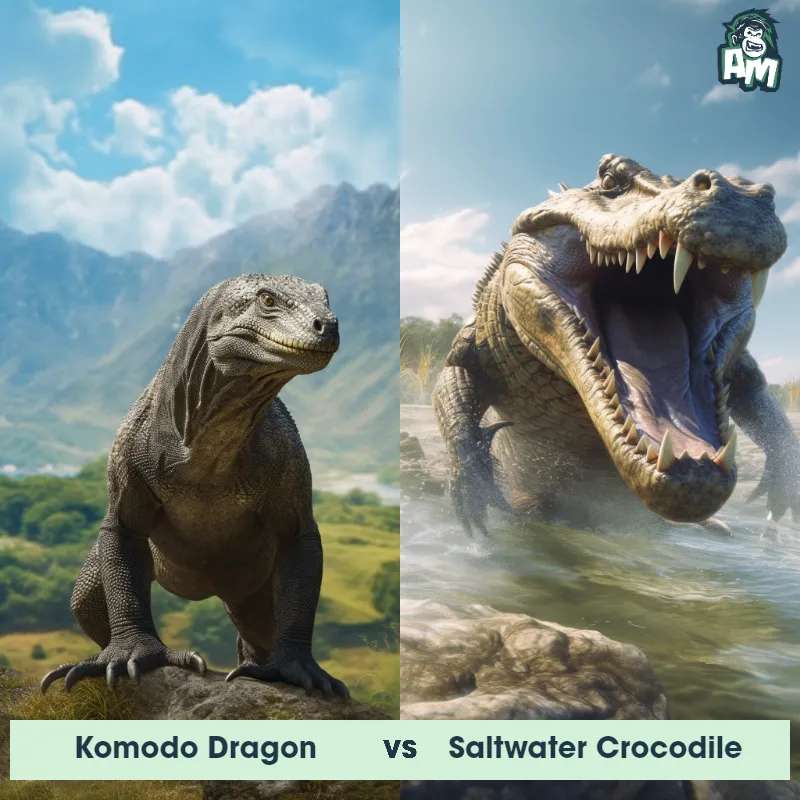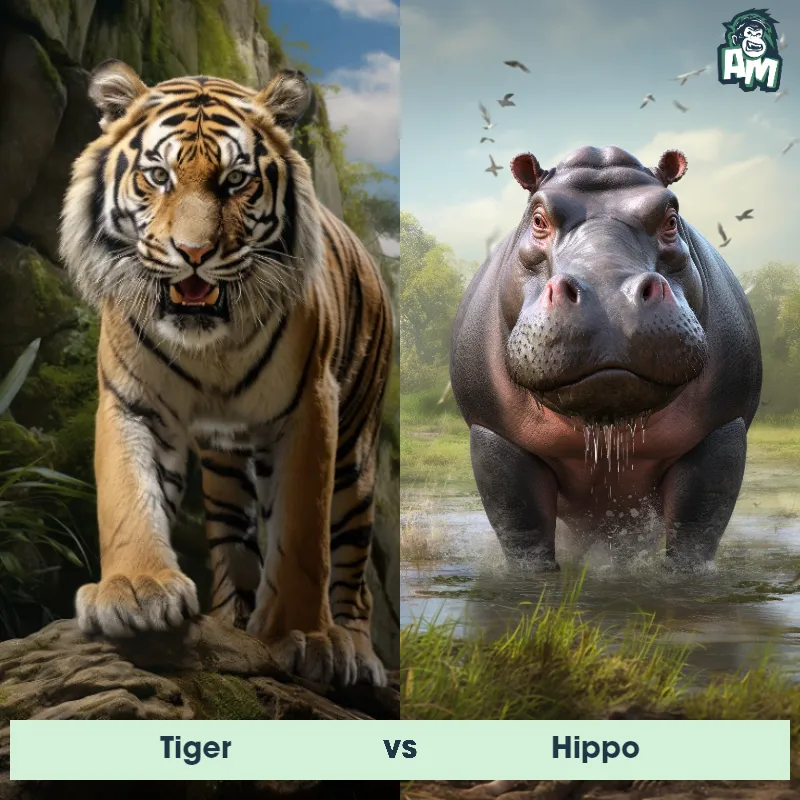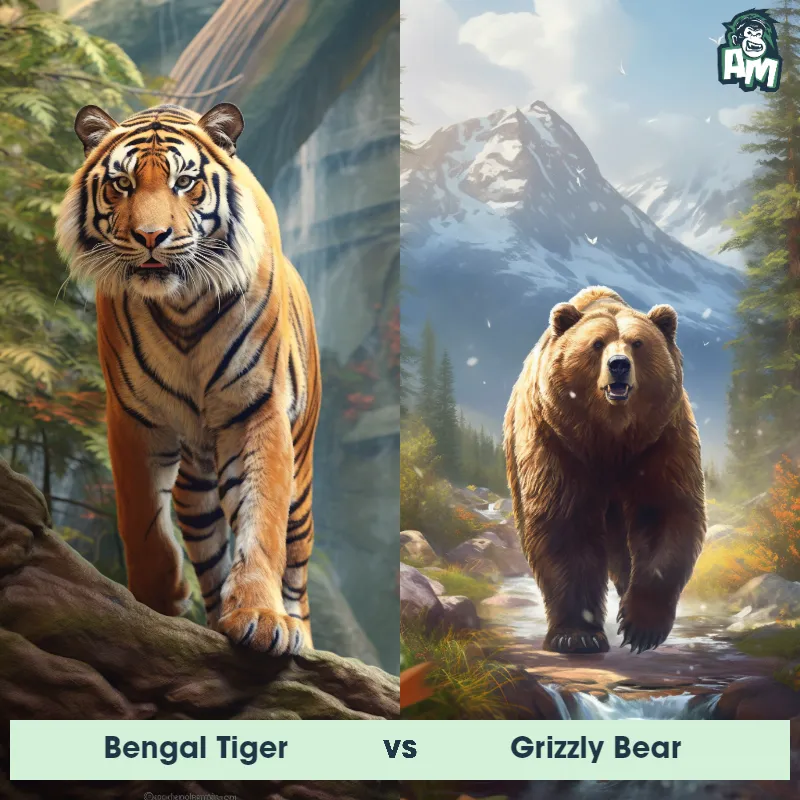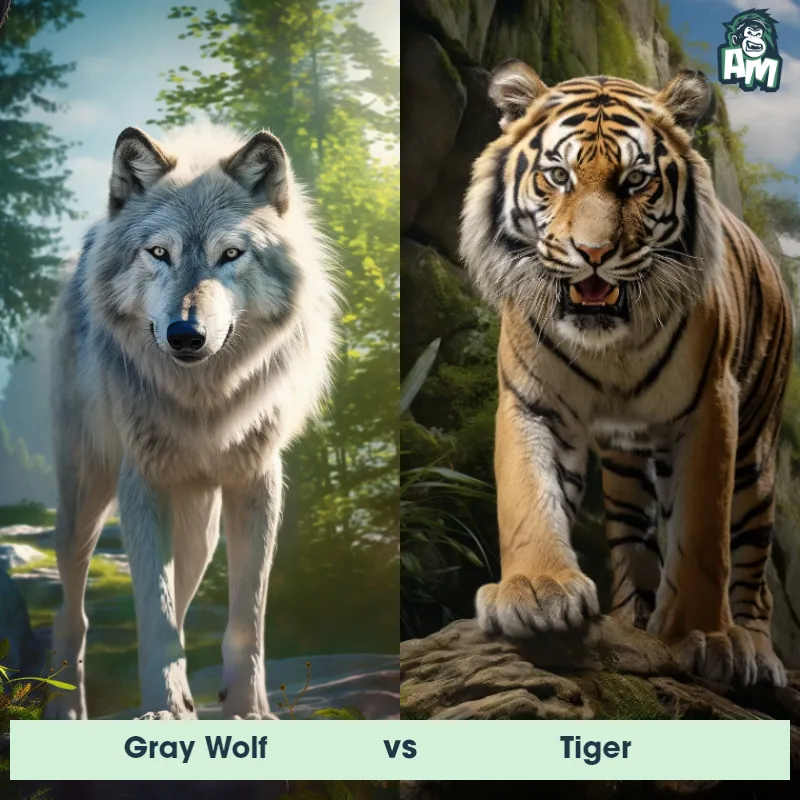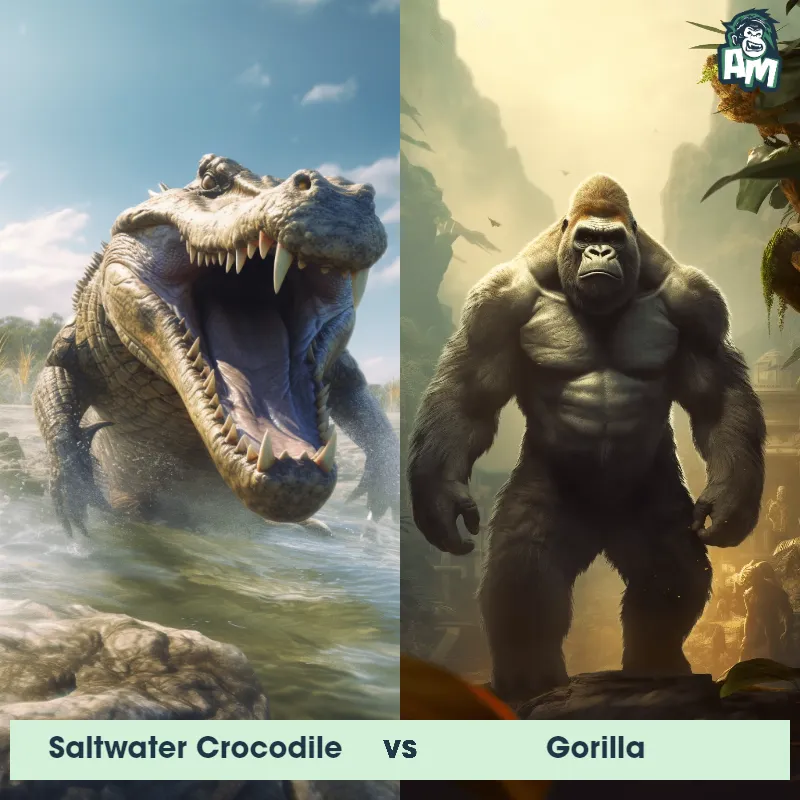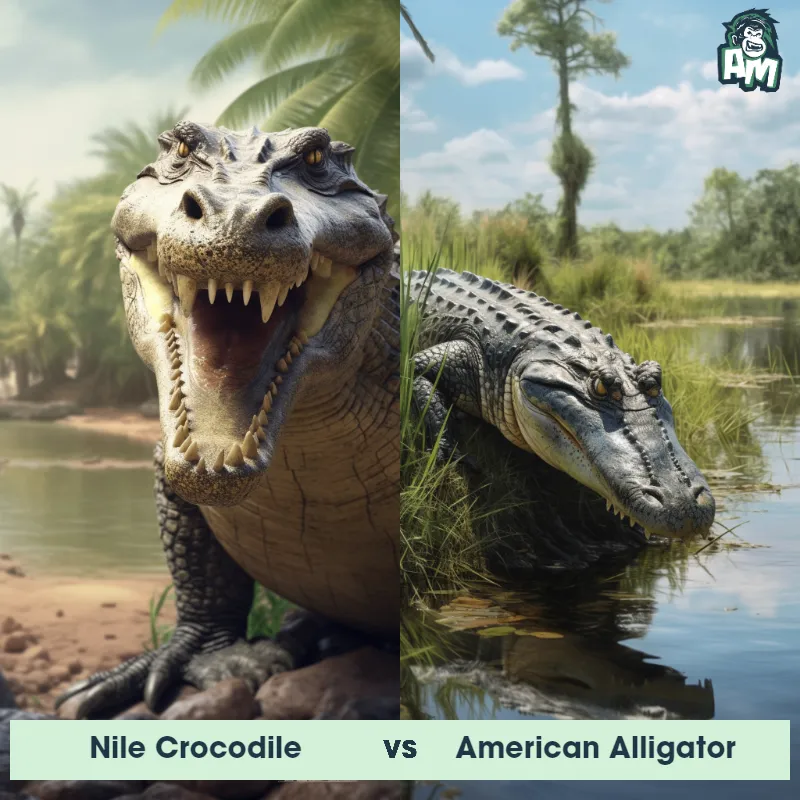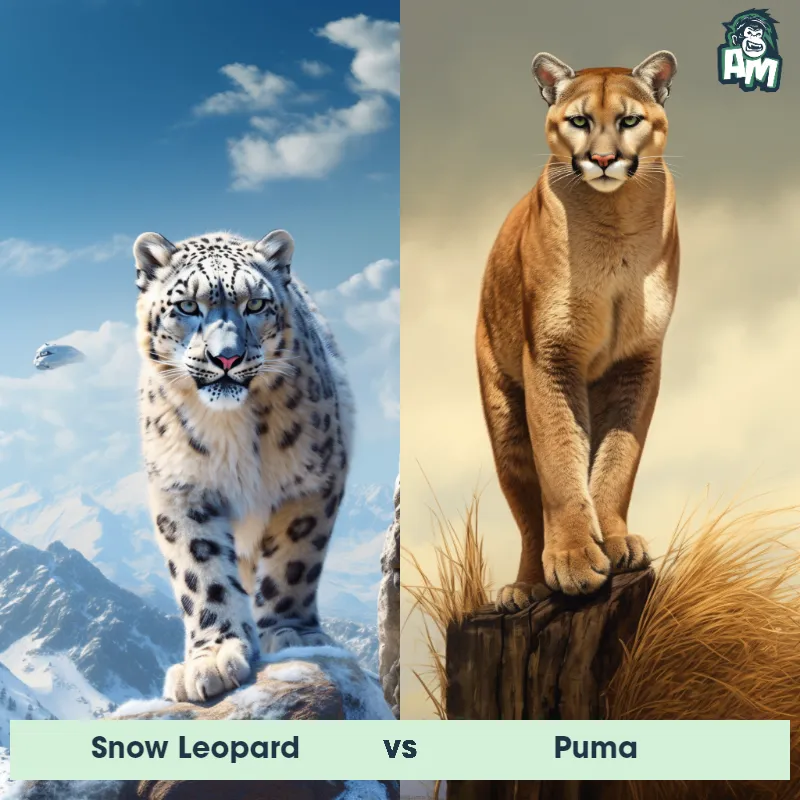Saltwater Crocodile vs LionSee Who Wins

Good evening, ladies and gentlemen! We're here at an electrifying spectacle of strength and agility, where two fierce predators are about to clash in the ultimate battle of the wild. In one corner, we have the magnificent Saltwater Crocodile, armed with razor-sharp teeth and unrivaled power. And in the opposite corner, we have the regal Lion, renowned for its raw courage and lightning-fast reflexes. Get ready to witness a thrilling three-round faceoff as nature's titans go head-to-head in an epic display of dominance!
Contender 1: Saltwater Crocodile
The Saltwater Crocodile, also known as the estuarine crocodile, is the largest living reptile in the world, with males reaching up to 23 feet in length and weighing over a ton. They have a powerful jaw with over 60 teeth and are covered in tough, scaly skin that ranges from grayish-brown to black in color. They are found in the brackish and freshwater habitats of Southeast Asia and Northern Australia and are known for their aggressive behavior towards humans.
Fun Fact: Saltwater Crocodiles have the strongest bite force of any animal in the world, with a bite strength of up to 3,700 pounds per square inch, which is strong enough to crush a car.
Contender 2: Lion
The lion, often referred to as the 'king of the jungle,' is a large, powerfully built cat known for its tawny coat and, in males, a magnificent mane. They are native to Africa and a small region in western India. Adult male lions can weigh up to 420 pounds, while females, who are primarily responsible for hunting, are slightly smaller. Lions are social animals and live in groups called prides, which are usually composed of related females, their cubs, and a small number of adult males.
![[object Object] Gif](https://tenor.com/view/lion-yawning-yawn-tired-exhausted-gif-12230852.gif)
Fun Fact: Lions are the most socially inclined of all wild felids, most of which remain quite solitary in nature.
Matchup Stats
| Saltwater Crocodile | Lion | |
|---|---|---|
| Size | Up to 23 feet (7 meters) | 4.5 to 6.5 feet long (body length), 3.5 to 4 feet tall at the shoulder (1.4 to 2 meters long, 1 to 1.2 meters tall) |
| Weight | Over a ton (1,000 kg) | Up to 420 pounds (190 kilograms) |
| Speed | Land Speed: 11 mph (18 km/hr) | 50mph (80km/h) |
| Key Strength | Powerful jaw with 64-68 teeth and strongest bite force of any animal in the world | Powerful build, strong jaws, sharp claws |
| Biggest Weakness | Slow on land and vulnerable to attacks on the soft underbelly | Less agile compared to other big cats, dependent on strength and power |
Current Votes
Saltwater Crocodile vs Lion
See Who Wins
View More Matches
Looking For More?
Similar Matches
Scientific Stats
| Saltwater Crocodile | Lion | |
|---|---|---|
| Scientific Name | Crocodylus porosus | Panthera leo |
| Family | Crocodylidae | Felidae |
| Habitat | Brackish and freshwater habitats | Grasslands, savannas, dense bush, and woodlands |
| Geography | Southeast Asia and Northern Australia | Africa and a small region in western India |
| Diet | Carnivorous, preys on fish, birds, mammals, and other reptiles | Carnivorous, primarily large ungulates |
| Lifespan | 70 years - 100 years | 10 years - 14 years |
Key Differences between Saltwater Crocodile and Lion
- Skin Texture: Saltwater Crocodiles have rough, scaly skin, ideal for minimizing drag in the water, while Lions possess a thick coat of fur, providing insulation and protection from the elements.
- Teeth: Saltwater Crocodiles have large, conical teeth that protrude even when their mouth is closed, used for capturing and holding prey, while Lions have sharp, curved canines for biting and gripping prey, as well as molar teeth for chewing.
- Shape: The Saltwater Crocodile has a long, streamlined body with a tapering tail, suited for swimming, whereas Lions have a muscular, compact body with a prominent head and a long tail for balance.
- Size: The Saltwater Crocodile is known to be the largest living reptile, with males reaching lengths of up to 20 feet, while Lions are one of the largest members of the cat family, typically measuring around 4 to 6 feet tall at the shoulder.
- Ears: Saltwater Crocodiles have small, almost invisible ears located on the sides of their head, primarily used for sensing low-frequency vibrations in water, while Lions have prominent, rounded ears on the top of their head that allows for excellent hearing in grassland environments.
- Coloration: Saltwater Crocodiles have a dark greenish-gray coloration on their upper body and a lighter coloration on their underbelly, providing effective camouflage in their aquatic habitats, whereas Lions have a tawny, sandy-colored coat, with males exhibiting a mane ranging from blonde to black.



